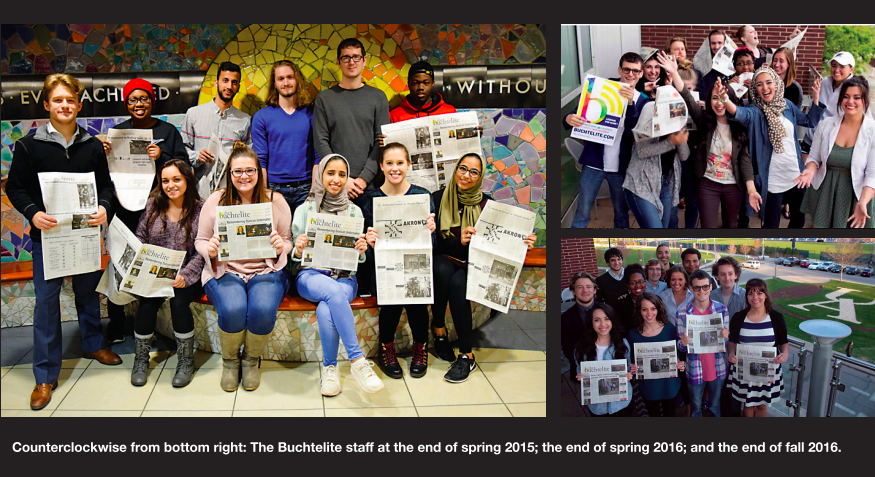“What did you do on Martin Luther King Day? Did you study, sleep in, watch an extra hour of television or spend a little more time with loved ones? If you did, don’t worry-you’re in good company. For many Americans, Martin Luther King Day does not register.”
“
What did you do on Martin Luther King Day? Did you study, sleep in, watch an extra hour of television or spend a little more time with loved ones? If you did, don’t worry-you’re in good company.
For many Americans, Martin Luther King Day does not register. For others, it is a time of remembering the past by viewing worn black and white photographs and listening to speeches.
For very few Americans, however, King Day is a time for reflecting on the hopes of former leaders and carrying those dreams into the future. Serving the present age by remembering the spirit of the past was the theme of this year’s Dr. Martin Luther King Jr. Holiday Celebration.
The 2008 Community Dialogue featured guest speaker Reverend Marvin A. McMickle, Ph.D., Senior Pastor of Antioch Baptist Church, and musical selections by Obie Shelton, violinist and reporter for WKYC-TV3.
The Office of Multicultural Development and Academic Achievement Program sponsored this function, and it was part of an all-day event held at the Student Union.
McMickle encouraged listeners not to spend Martin Luther King Day remembering the grainy images of the past but examining the problems of our own age.
We need to stop using the rearview mirror and use the windshield instead, meaning that if we are focused on the past we will lose sight of the future.
Martin Luther King Jr. was not just a civil rights leader; he also spent much effort fighting the poverty issue for people of all races.
He pressed for change in the civil rights movement, but didn’t lose focus on other important problems.
Americans today should apply the same principle by recognizing the things that we are in process of overcoming but concentrating on fighting the problems of our own age.
When asked what college students should do to prepare for the future, McMickle had this to say: think globally. College students need to realize the international nature of the world today.
Young people must be able to compete in a global economy. They can do this by gaining skills in areas such as language and technology, which will allow them to contend with people across the globe.
McMickle offered three lessons that he thought young people today must learn in order to succeed in America and begin to make a difference in the world. First, you have no future if you don’t finish high school.
This is a growing problem in the United States; McMickle referenced a survey stating that 70 percent of black male students don’t graduate and are unable to compete in today’s workplace.
He also attacked the issue of teenage pregnancy among African Americans. Many girls who get pregnant before they’re married are left without support.
Finally, McMickle spoke on the immediate and long-lasting effects of being charged with a felony. Potential criminals should consider not only the sentence but also the future legal repercussions. It poses a big problem when trying to get a job, apply for a loan, or take out a mortgage, and in many states will prevent you from having the right to vote.
“



